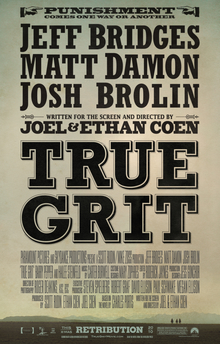Maybe you saw on twitter that I have a migraine. Maybe you’re Geoff and don’t know how twitter works. I don’t know your business. But I was thinking of the quote:
everything was beautiful and nothing hurt
which may be Kurt Vonnegut from Slaughterhouse-Five. Or Cat’s Cradle. Or neither of those and not Vonnegut and I don’t know. For all I know right now it’s from a Taylor Swift song. In any case, here is my migraine quote:
nothing was beautiful and everything hurt
That is all.
















